About 1000 people in Aotearoa New Zealand gathered for a two-hour rally in central Auckland today and marched down Queen Street and returned to Aotea Square to mark the Nakba three days early — and protest over Israel’s genocidal war on Gaza.
They called for an immediate ceasefire in the war as the death toll passed more than 35,000 people killed — mostly women and children – and chanted “hands off Rafah” as the Israeli military intensified their attack on the southern part of the besieged enclave.
Israel’s Defence Force (IDF) also deployed tanks in northern Gaza months after claiming that they had “dismantled” the resistance force Hamas in the area.
- READ MORE: ‘Madness’: Palestinians forced to flee amid Israeli offensive across Gaza
- The Nakba did not start or end in 1948
- Other War on Gaza reports
For the past seven months, protesters have staged rallies across New Zealand every week at more than 25 different towns and locations and they have rarely been reported by the country’s news media.
Ironically, today was also marked as Mother’s Day and many protesters carried placards and banners mourning the mothers and children killed in the seven-month war, such as “Every 15 min a Palestinian child dies”, “Israel/USA, how many kids did you kill today”, “Decolonise your mind — stand with Palestine”, and “Stop the genocide”.
Some protesters carried photographs of named children killed in the war, honouring their short and tragic lives, such as 13-year-old Hala Abu Sada, who “had a passion for the arts – she made educational and entertaining videos for deaf children”.
“Hala dreamed of becoming a singer.”
The Nakba – ‘ethnic cleansing’
Every year on May 15, Palestinians around the world, numbering about 12.4 million, mark the Nakba, or “catastrophe”, referring to the ethnic cleansing of Palestine and the near-total destruction of Palestinian society in 1948, reports Al Jazeera.
The Palestinian experience of dispossession and loss of a homeland is 76 years old this year.
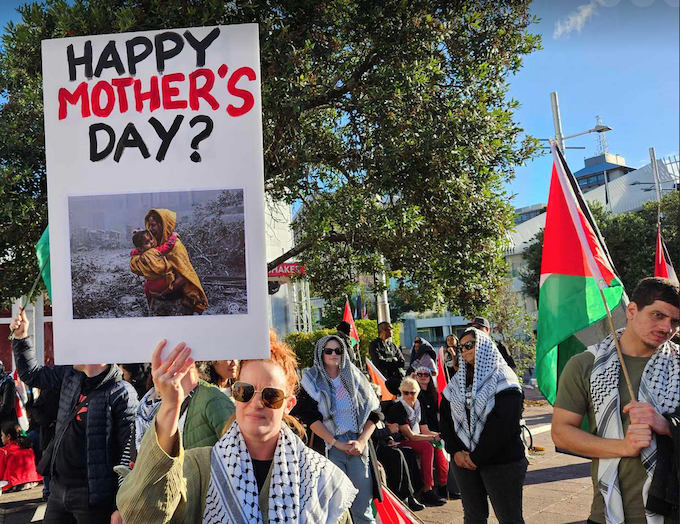
On that day, the State of Israel came into being. The creation of Israel was a violent process that entailed the forced expulsion of hundreds of thousands of Palestinians from their homeland to establish a Jewish-majority state — the wishes of the Zionist movement.
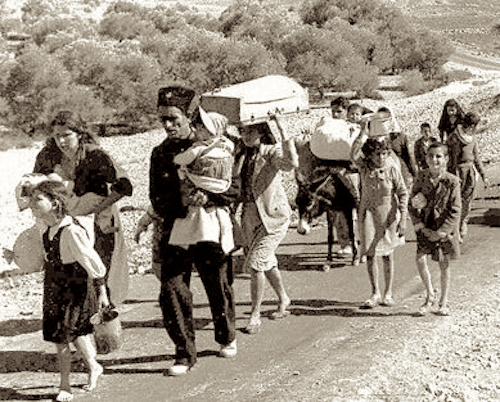
Between 1947 and 1949, at least 750,000 Palestinians from a 1.9 million population were forced out of their homeland and made refugees beyond the borders of the state.
Zionist forces seized more than 78 percent of historic Palestine, ethnically cleansed and destroyed about 530 villages and cities, and killed about 15,000 Palestinians in a series of mass atrocities, including more than 70 massacres.
The current resolution does not give Palestinians full membership, but recognises them as qualified to join, and it gives Palestine more participation and some rights within the UNGA.
Thank you to the peoples of the world, nations, & majority of States who voted for Palestinian self-determination, for Palestinian existence & future. Thank you for standing for humanity, for the UN Charter, & for freedom & justice. Onwards, until 194th Member
pic.twitter.com/H15egK4zwj
— State of Palestine (@Palestine_UN) May 10, 2024
Overwhelming UN vote backs Palestine
The UN General Assembly (UNGA) has overwhelmingly voted to support a Palestinian bid to become a full UN member by recognising it as qualified to join and recommending the UN Security Council “reconsider the matter favourably”.
Memberships can only be decided by the UN Security Council, and last month, the US vetoed a bid for full membership.
The current resolution does not give Palestinians full membership, but recognises them as qualified to join, and it gives Palestine more participation and some rights within the UNGA.
Voting yes for the resolution were 143 countries, including three UN Security Council permanent members, China, France and Russia and also Australia, New Zealand and Timor-Leste.
Nine countries voted against, with four Pacific nations, Federated States of Micronesia, Nauru, Palau and Papua New Guinea among those joining Israel and the US.
Twenty five countries abstained, including UNSC permanent member United Kingdom and three Pacific countries, Fiji, Marshall Islands and Vanuatu.
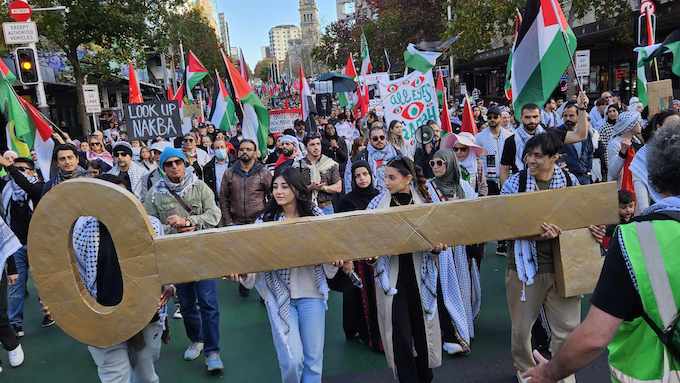
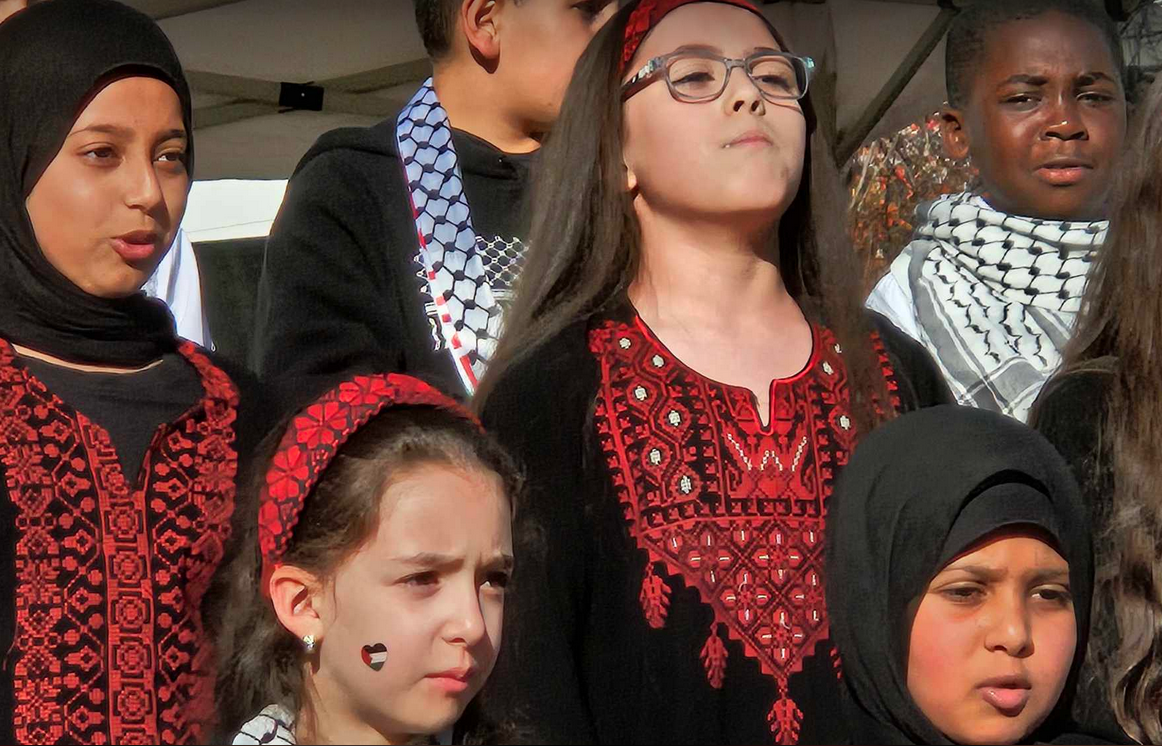
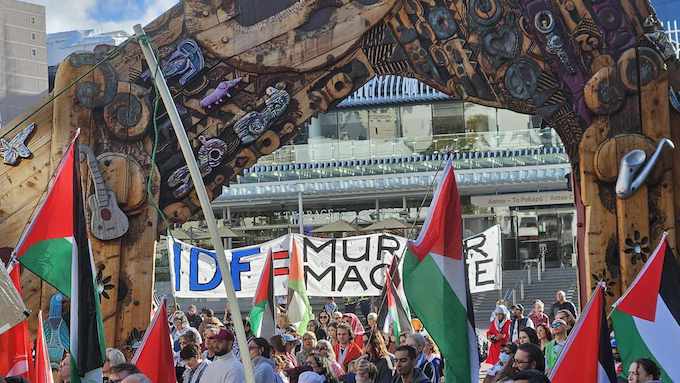
This post was originally published on Asia Pacific Report.

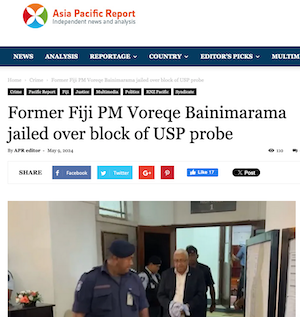

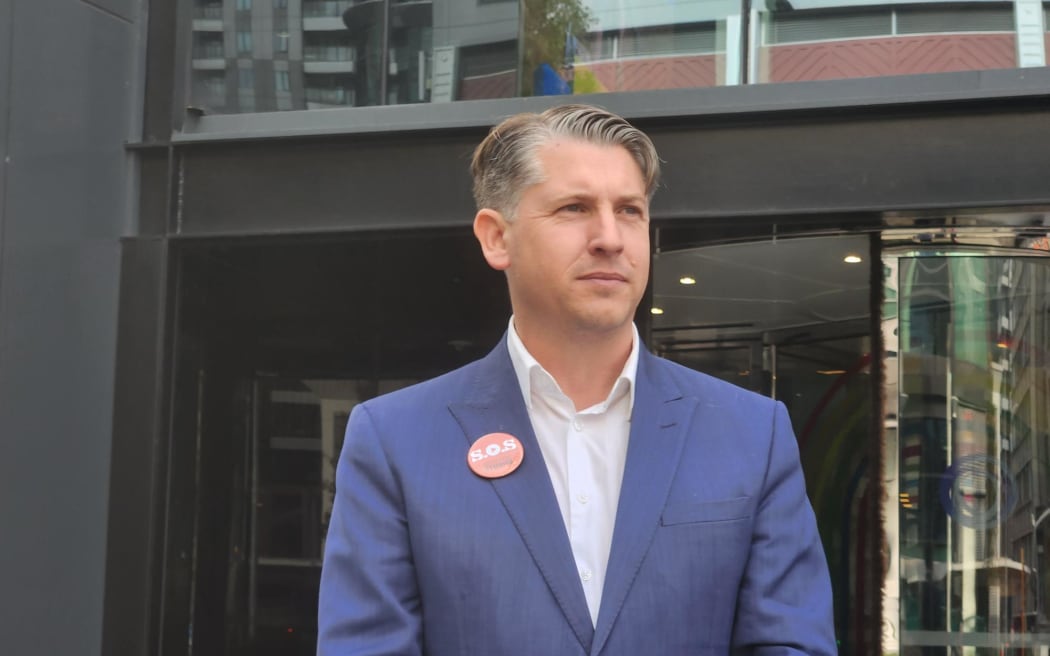
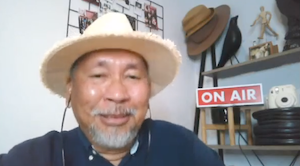
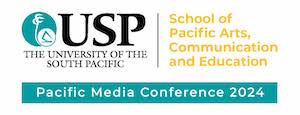
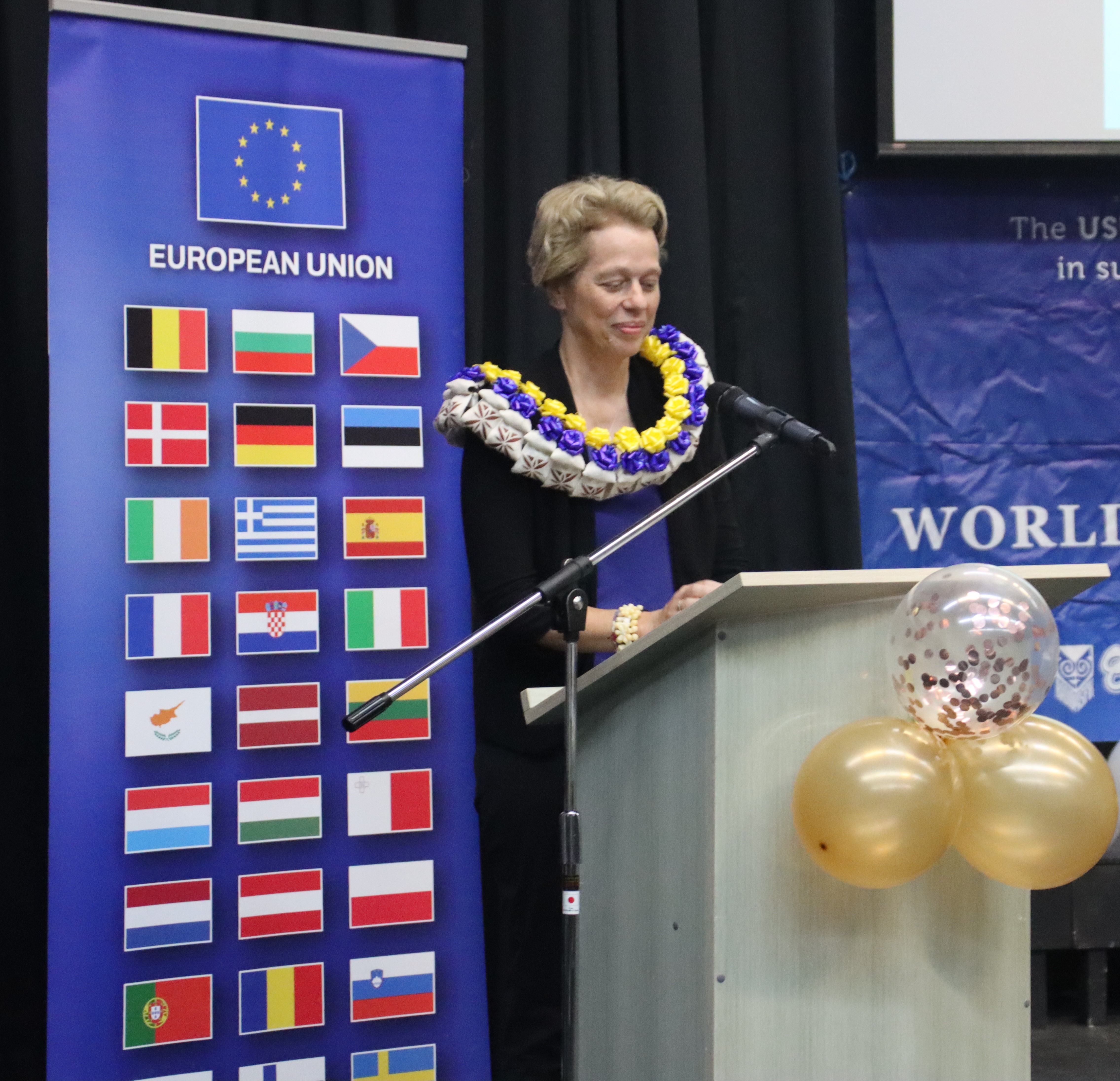



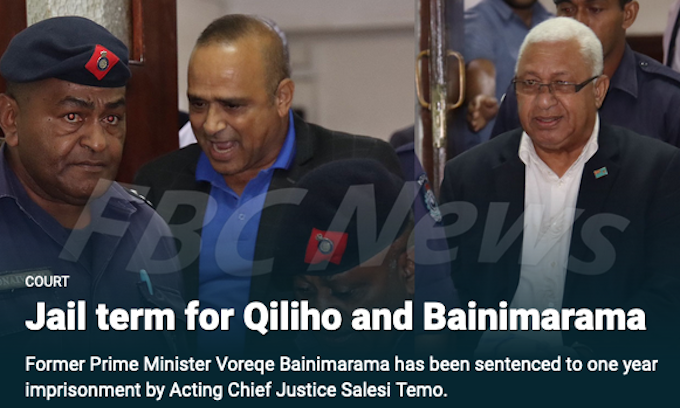
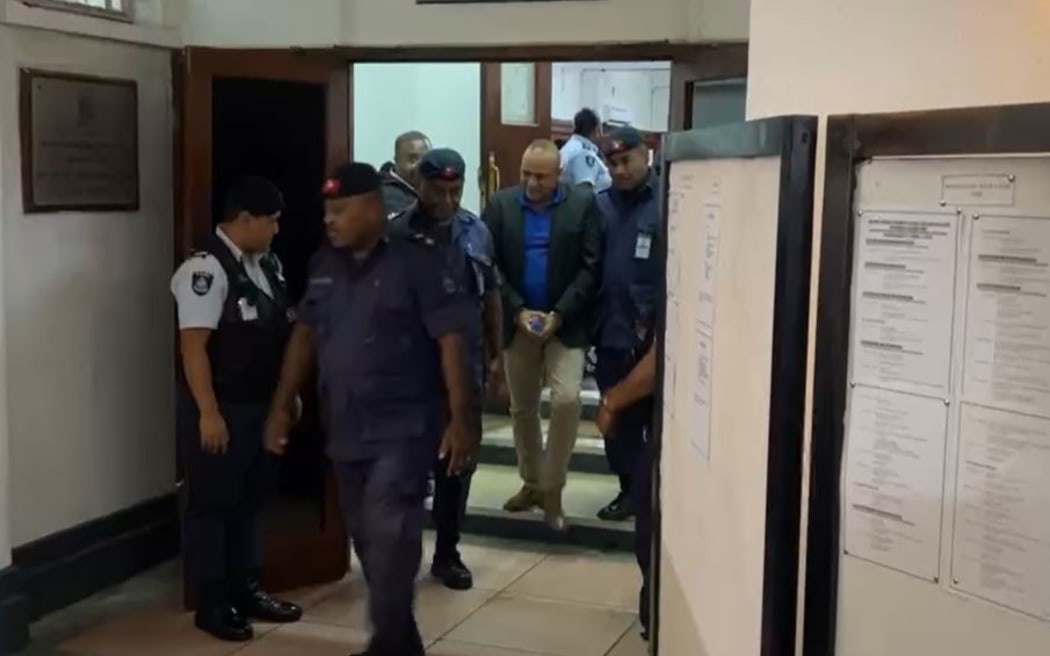
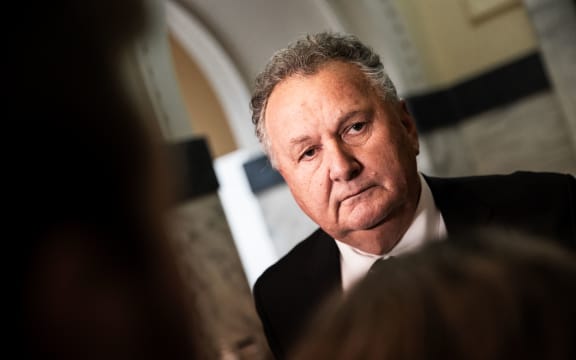
 We hear from a few of them on
We hear from a few of them on 
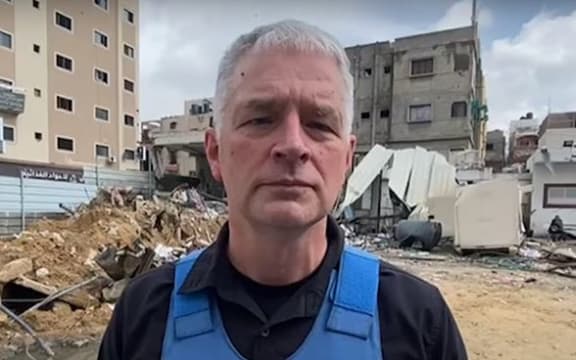
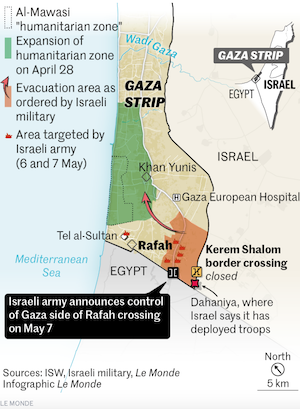
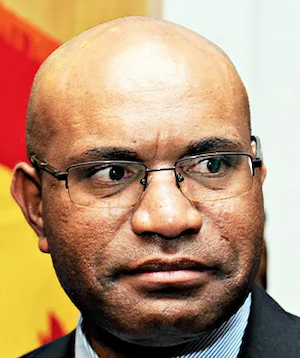
 ’s national security system, and bipartisanship in
’s national security system, and bipartisanship in 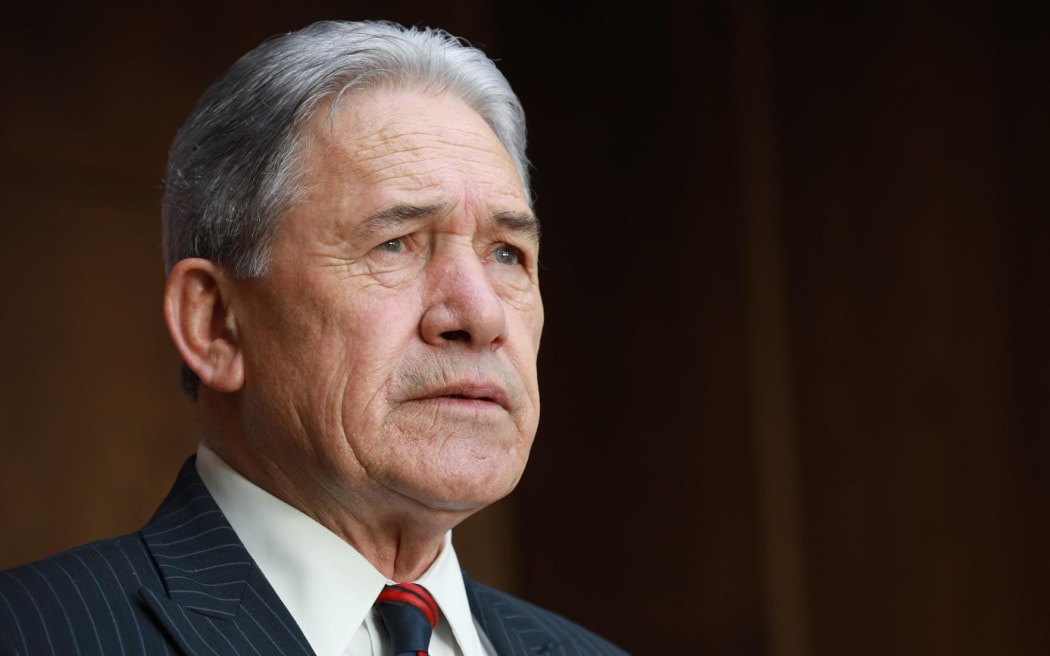
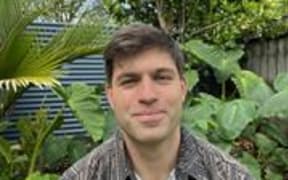
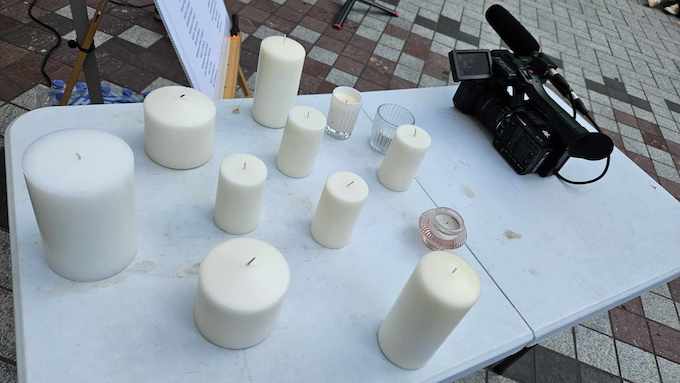
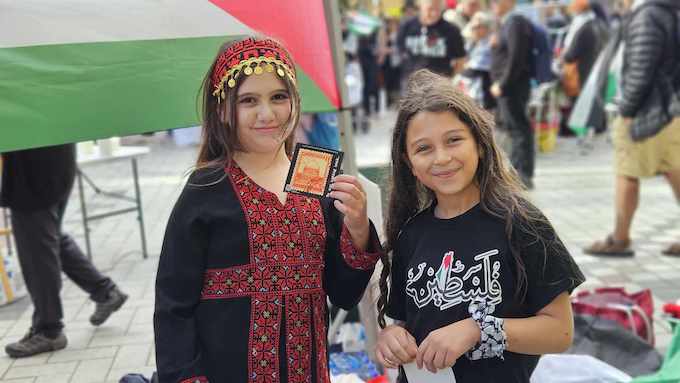

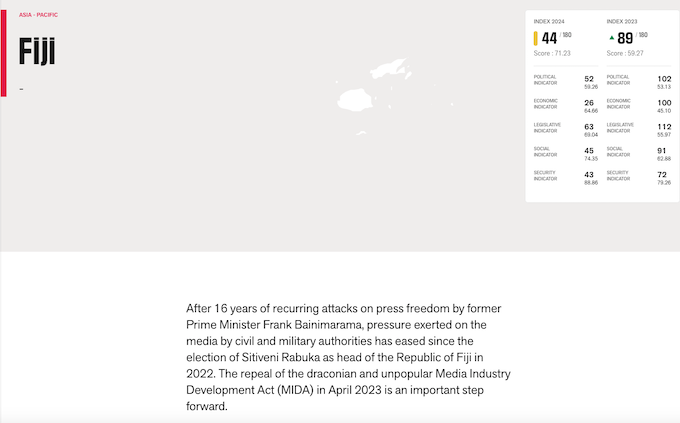

 #Education #Sciences #Culture
#Education #Sciences #Culture